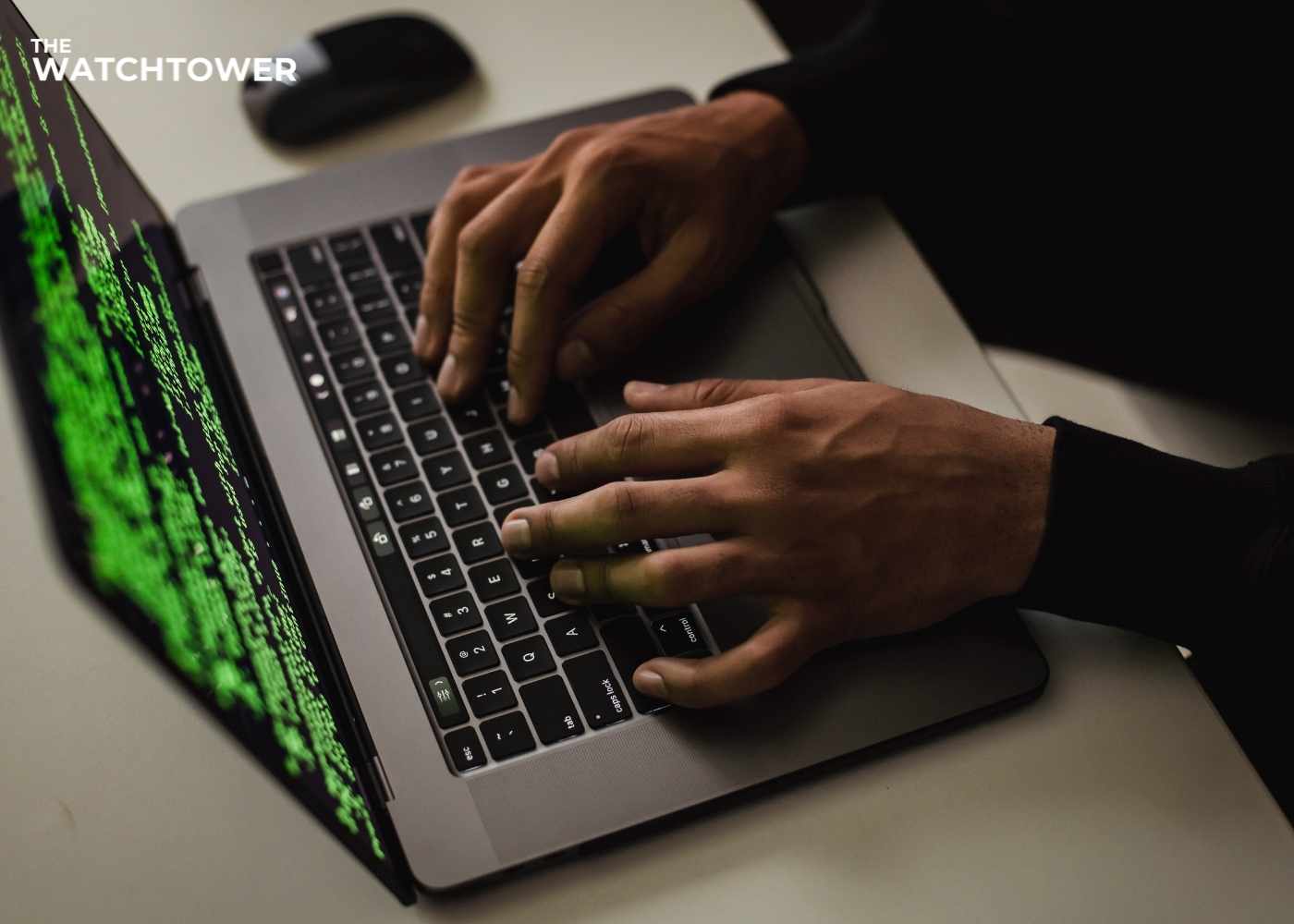
Human rights protection has got to be the highest form of security for mankind, having understood the sensitivity and the role humans actively play in all varying capacities. While it is known that there could be instances when these rights have been breached either intentionally or otherwise, knowing one’s rights is the beginning of equity, and the steps to go about this are equally as important as knowing your rights.
In today’s post, I will be beaming light on security protection against an online threat open to every online user, especially a business establishment. This post will guide you through your next level of action when your computer has been infected with ransomware.
Before we proceed, I must thank The Watchtower-Web Design Agency Dubai for making this platform possible to share my article. The Watchtower-Web Design Agency Dubai is a web development company that provides ease in your digital marketing, SEO, web design, and development considerations for your brand.
Should I pay a ransom for being held hostage virtually by ransomware?
This is quite sensitive, and as much as I will pray that you do not be in this position, the best I can do right now is guide you and show you analogies to help shape your decisions if there is an attack.
I know you are worried, and you will like to secure your documents, files, account history, and perhaps some personal information. However, have you considered the odds that a blackmailer would always be a blackmailer since he/she holds a blank meal ticket to extort victims? How about we read along. You will get more clarity on this subject here.
What must I do after my computer has been attacked?
There are five things to do when your computer has been infected with ransomware.
1.Stay calm and think.
While I know this may appear odd, staying calm and thinking is the best action for any life surprise that throws us off balance. It is expected that you keep calm, identify what is at stake, take notes and photographs of the ransomware where necessary, speak with professionals, get in touch with the law enforcement agencies around you, and then consider your next actions to possibly take.
2.Isolate the affected computer device.
Isolate the affected systems as soon as possible. Ransomware typically scans the target network and propagates laterally to other systems. Therefore, it is only wise to identify and separate threatened systems.
It's best to sever the affected systems from the network to contain the infection and stop the ransomware from spreading.
3.Use decryption tools.
From the notice of the ransomware, you can identify the type of malware strain it is. With this information, you can liaise with security professionals to help interpret what was observed on the screen. You can search with the available information to seek how to decrypt the type of ransomware, as there will be some decryption tools that will come in handy.
4.Disable backup and maintenance.
In the effect of ransomware, most viruses are programmed to go after the backup files, likewise the maintenance. It is important to note that once you have observed an intrusion, you may need to disable the maintenance, file log, file recovery, backup, and the like immediately to create a firewall for your file.
5.Reset password
This should be done immediately after you have isolated and terminated the backup process on the computer. You must ensure that the passwords of your accounts are changed during this process, as well as when ransomware has been removed.
Conclusion
I tell you, ransomware is more sensitive than you can ever imagine. You may not get the full picture until you hear about one’s ordeal, and so I urge you to take preventive measures to avoid ransomware. However, in the event you slipped, please do not be eager to negotiate a payoff because these agents will always come back for more.
There are instances where people have been able to salvage their businesses without a payoff, and there are other instances where a payoff was the only option. In all scenarios, seek assistance from your law enforcement officers and security professionals.




















Comments (0)
Write a Comment